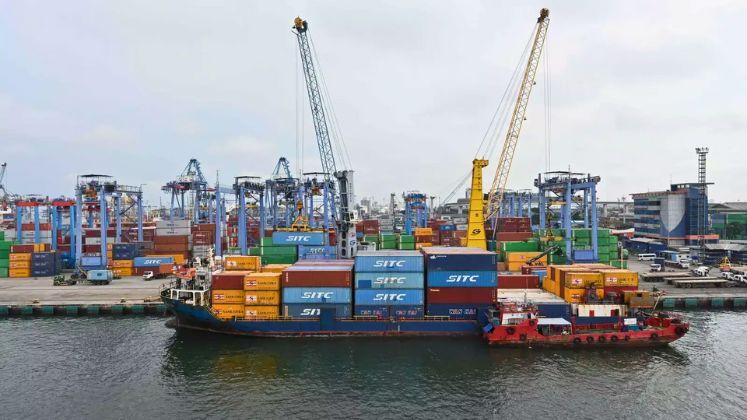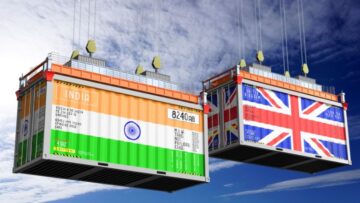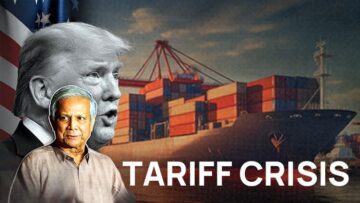
Chief Adviser’s Press Secretary Shafiqul Alam said the government of Bangladesh is proceeding with its intentions to assign some of the top port operators in the world to run Chattogram Port and other regional ports. The recruitment process is expected to be completed by September this year.
Shafiqul Alam answered questions about the choice to bring in foreign companies rather than depending just on native operators during a news conference at the Chittagong Circuit House. He clarified that Chittagong Port is now unable to satisfy the cargo handling requirements of contemporary international investors due to capacity limitations, which causes persistent container congestion for local companies like Saif Powertec.
“The future of Bangladesh’s economy depends heavily on the efficiency and capacity of Chittagong Port. We have no option but to expand the port’s capacity, along with developments at Patenga Terminal, Bay Terminal, and Matarbari Port,” Shafiqul Alam stated.
He went on to say that the government is in talks with foreign businesses that have managed between 50 and 100 ports across the globe. As part of the country’s larger economic expansion strategy, the ports in and around Chattogram currently have a combined container handling capacity of 1.27 million TEUs (Twenty-Foot Equivalent Units), with an aim to raise this number to 7.86 million TEUs by 2030.
“To position Bangladesh as an economic hub, port capacity must be significantly expanded. A comprehensive development plan is underway, which includes upgrading transportation infrastructure such as the Dhaka-Chittagong highway,” he said.
Through a transparent process that may include open tenders or government-to-government (G2G) partnerships, the government guarantees that only the most prestigious and trustworthy businesses will be chosen.
Regarding regional cooperation, the press secretary commented on the possibility of establishing a “humanitarian corridor” with Myanmar. “This matter has been discussed, but any action would depend on the United Nations taking the initiative. It would require bilateral discussions between Bangladesh and Myanmar, and given the ongoing civil conflict in the region, such a corridor remains a distant prospect,” he explained.






